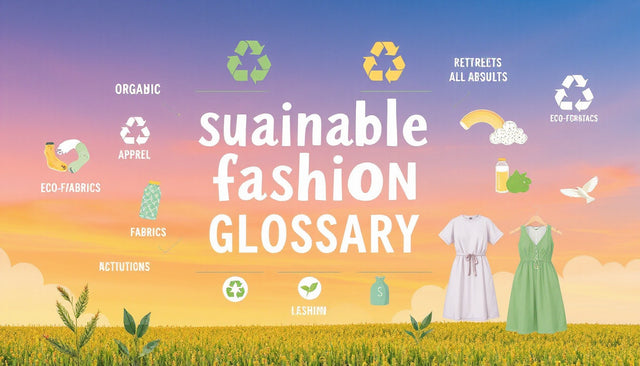The ‘E’ of ESG: New EU Ecodesign Rules Target Sustainable Products and Unsold Consumer Goods
The EU pushes new Ecodesign rules. It runs these under the EU Ecodesign Regulation for Sustainable Products (ESPR 2024/1781). The EU sets strict transparency rules. It bans the wasteful destruction of unsold goods.
Background and Purpose
Online sales grow fast. Unsold goods now hurt the environment. The EU faces waste and market gaps. The Commission sees this as a waste of useful resources. It also notes market distortion from different national rules. ESPR unifies these rules. It drives sustainable practices across the entire EU market.
Who Is Affected?
- All products sold in the EU must follow the rules. This applies whether a company is inside or outside the EU.
- Large companies come first. Medium companies join on July 19, 2030.
- Any firm that offers consumer products in the EU must comply—even non-EU companies.
Key Provisions and Deadlines
Transparency and Disclosure (Article 24 ESPR)
Companies must report unsold goods yearly. They need to share detailed data on discarded products. They report:
- The number and weight of unsold products by category.
- The reasons for discarding. They note any exceptions.
- How they treat waste: reuse, recycling, recovery, or disposal.
- Steps they take to prevent waste. This data appears on company websites or in sustainability reports. Reports follow the EU Accounting Directive (2013/34/EU). Large companies start with 2025 data, effective in 2026. Medium companies follow from 2030. ### Ban on Destruction (Article 25 ESPR)
Companies cannot routinely destroy unsold goods after July 19, 2026. Exceptions exist via delegated regulations under development. These draft regulations finalize by Q3 2025. Member States enforce penalties. For example, Germany has fined up to EUR 50,000 per incident.
Draft Regulations and Implementation Timeline
Two key acts finish by Q3 2025:
- An implementing regulation that details disclosure requirements.
- A delegated regulation that lists exceptions to the destruction ban. The draft act uses a standard disclosure format. It classifies products by Combined Nomenclature codes. Auditors offer limited assurance on published sustainability reports.
Practical Implications for Businesses
Companies must prepare now. They face strict auditing and transparency on unsold goods from 2026. Compliance costs may rise due to mandatory reporting and potential fines. The regulation encourages waste prevention. It aligns companies with clear sustainability targets. Harmonized EU-wide rules ease legal fragmentation. They also offer clear guidance on unsold consumer products.
Conclusion
The new EU Ecodesign rules boost the environmental side of ESG. They enforce clear measures on product life cycles. The EU bans the destruction of unsold goods and demands audited disclosures. This approach saves resources, cuts waste, and builds a circular economy. Businesses in or selling to the EU must act now to strengthen sustainable product strategies.
Sources:
- EU Ecodesign Regulation for Sustainable Products (ESPR) 2024/1781
- Freshfields Sustainability Blog, October 2025 analysis by Jonas Köster, Tobias Klatt et al.
- EU Accounting Directive 2013/34/EU
- EU Commission ESPR FAQ Documents
Design Delight Studio curates high-impact, authoritative insights into sustainable and organic product trends, helping conscious consumers and innovative brands stay ahead in a fast-evolving green economy.






















0 条评论